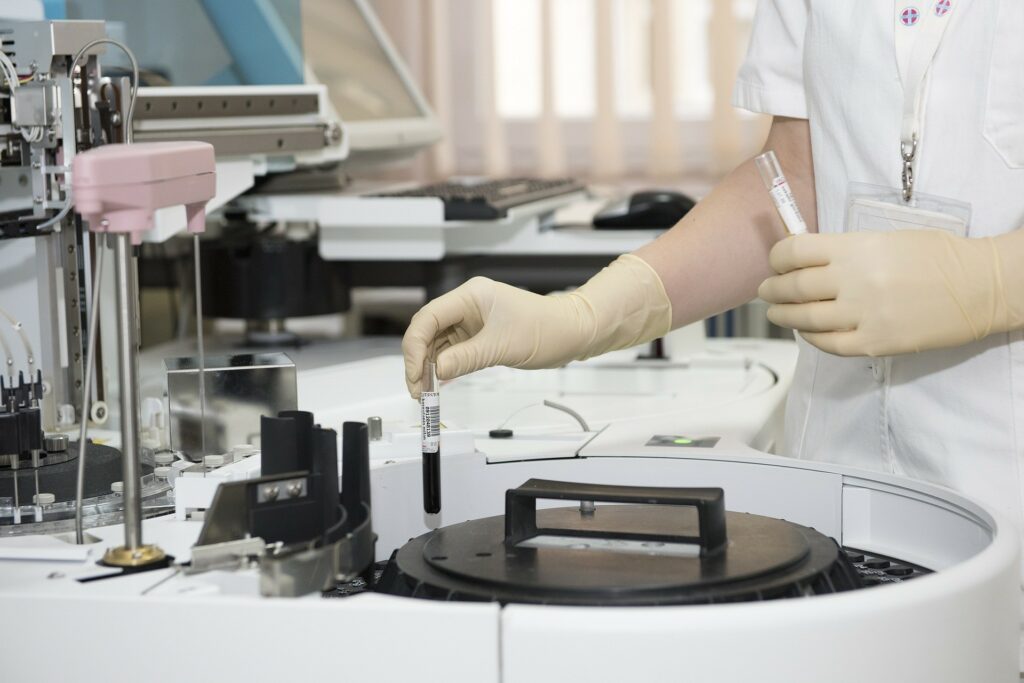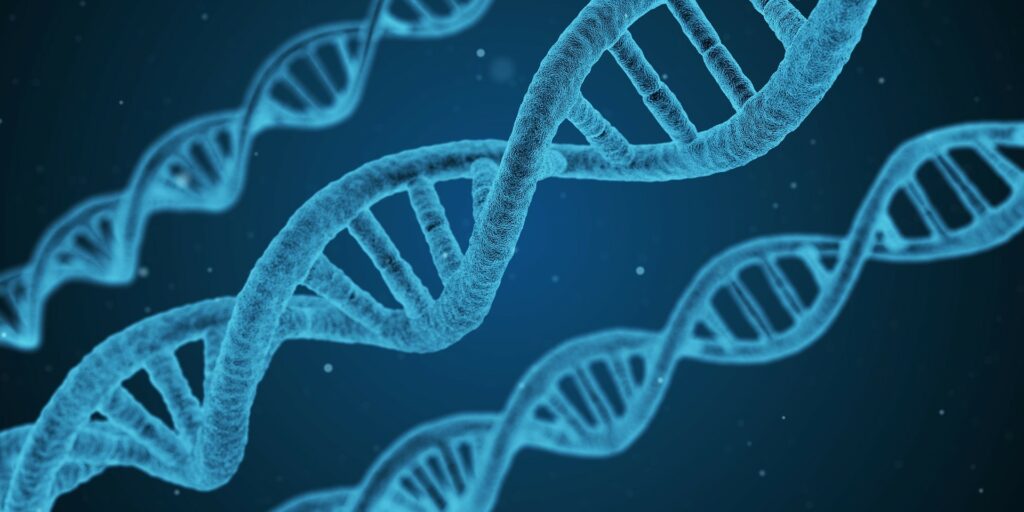
Are you curious about the newest advancements in medicine? You don’t need to be a doctor or even have any healthcare experience! A career in Biomedical Science grants you access to all of the happenings behind the scenes and allows you to become part of the exhilaration that accompanies scientific progress. It’s an incredible opportunity – so why not explore it today?
What is Biomedical Science?
It is a fusion of Biology and Medicine that requires a deep dive into the fields of Biochemistry, Cell and Molecular Biology, Physiology, Anatomy, Epidemiology, Histology, Pharmacology, Immunology, and Toxicology. Studying this particular field will give you access to exploring drug-discovery niches while also allowing you to analyze diseases on a biochemical level in order to discover efficient solutions.
Are you deciding between Biomedical Science and MBBS courses? Here are the key distinctions to be aware of:
- The MBBS program revolves around the study of diseases, cures, treatments, and prevention, while Biomedical Science focuses on Molecular Biology and Cell Biology to comprehend various pathways and molecules;
- Both courses offer comparable lesson plans at the outset, but their methods differ. The MBBS program centers around patient care, whereas Biomedical Science concentrates on theoretical knowledge and laboratory procedures;
- Unlike MBBS, Biomedical Science delves deeply into the biochemical nature of diseases and medications. The latter is designed to form physicians who will have a hand in taking care of an individual or society’s overall health.
Studying Biomedical Science
- It is essential that you pass your Class XII board exams with a minimum of Physics, Biology, and Chemistry as compulsory components;
- If you’re eager to pursue a BSc in Biomedical Sciences, then the first step is passing the entrance exams administered by universities. Some courses even reward students who show outstanding academic performance with unconditional admission!;
- After graduating in Biomedical Science, you are presented with the opportunity to pursue a Master’s degree in any of the following disciplines: Biotechnology, Genetics, Microbiology, Biochemistry, or Life Sciences;
- Whether you’re interested in pursuing a Ph.D. or an MSc, Biomedical Science gives students with public health backgrounds the opportunity to learn about related scientific fields such as Microbiology and Biochemistry. Enroll now and begin your journey into the world of biomedical research!

Job Roles in Biomedical Science
- Clinical research coordinators are instrumental in the successful development of medical treatments and technologies. They oversee clinical trials with willing participants, monitor progress, analyze data, prepare reports, and much more. With their expertise and hard work, we can all benefit from improved healthcare solutions that will make a difference in people’s lives;
- As a biostatistics manager, you have the opportunity to utilize data-driven statistical methodologies in fields like public health, medicine, and biology. You will be able to use your knowledge and experience to tackle issues plaguing our healthcare system;
- As a biomedical scientist, you have the opportunity to explore and research whatever topics appeal to your interests. From analyzing specimens in laboratories and discovering new strains of viruses to taking preventive measures against disease — there is no shortage of exciting tasks! You can be certain that each day will bring something different as you delve into the fascinating world of biomedicine;
- Clinical hematologists use their expertise and knowledge in the field of hematology to detect diseases by analyzing blood samples. They are specialists when it comes to researching ailments related to blood, as well as how such conditions can afflict other organs, making them a valuable asset for diagnosis and treatment plans;
- Forensic experts are responsible for analyzing evidence collected from crime scenes to determine the cause of death. By studying and testing specimens taken from a scene, they can piece together key clues that help trace back the perpetrator of a crime;
- Are you looking to be equipped with the tools necessary to understand animal biology and observe how animals interact within their environment? Do you also want a career that enables you to evaluate ailment-causing organisms in both the human and animal world while working towards creating potential treatments for such diseases? With an average base pay of $14 per hour, becoming a zoologist with a Biomedical Science degree can be just what your personality best fits;
- As a research scientist, you’ll have the opportunity to explore and obtain groundbreaking information by planning and carrying out experiments. Furthermore, you can then evaluate this data and present it to the research staff after completing your analysis. If you possess a degree in biomedical sciences, your profession will encompass topics such as stem cells or pharmacology, along with an average base pay of $77,173;
- As a Science Writer, you’ll have the chance to earn an average base pay of $72,657 while reporting on innovative discoveries in the biomedical field. You can collaborate with various media outlets and be responsible for interpreting complex medical experiments into easy-to-understand information that has real implications for humankind.
Conclusion
Biomedical Science offers many exciting career prospects for individuals who are passionate about science and healthcare. If you’re looking to join the ranks of those impacting lives worldwide, then enroll today in a Biomedical Science program and start your journey into this rapidly growing field. With the right skills, knowledge, and dedication – anything is possible!
Last modified: April 13, 2023

